On May 29, 1999, General Olusegun Obasanjo was sworn into office as Nigeria's President after securing victory in the presidential election under the Peoples Democratic Party (PDP). His inauguration followed a decisive electoral win with 18,738,154 votes, beating his main opponent, Olu Falae of the Alliance for Democracy (AD), who garnered 11,110,287 votes.
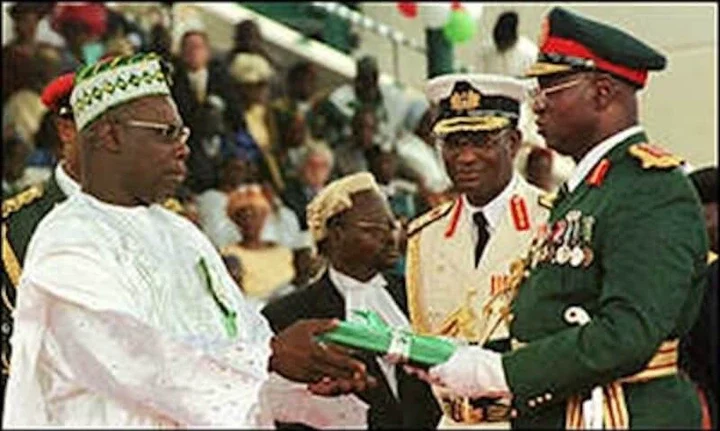
Obasanjo's ascension to power marked a significant shift in Nigeria's political history, coming shortly after his release from prison by the military regime on June 15, 1998. Alongside Obasanjo, several other political prisoners, including prominent figures like Milton Dabibi, Chris Anyanwu, Beko Ransome-Kuti, Bola Ige, Olabiyi Durjaye, Uwen Udoh, and former Sultan of Sokoto, Ibrahim Dasuki were also freed.
The peaceful transfer of power from General Abdulsalami Abubakar, the last military head of state, to Obasanjo on May 29, 1999, marked Nigeria's transition to democracy after 15 years of military rule. In his inaugural address, Obasanjo vowed to tackle corruption and enhance transparency within his first year in office.
During his tenure, Obasanjo served two terms as President but faced opposition when he attempted to extend his rule beyond the constitutionally mandated two terms. Despite his efforts, the Nigerian Senate, led by Senator Ken Nnamani, rejected the third-term proposal. Eventually, Obasanjo supported Umaru Musa Yar'Adua as his successor.
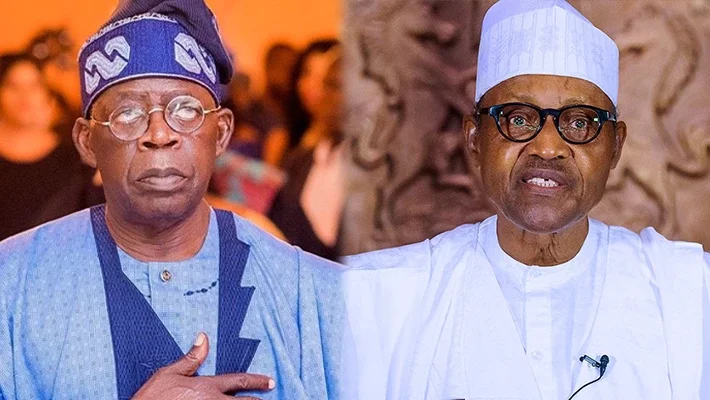
Yar'Adua's presidency was cut short by his untimely death in May 2010, leading to the inauguration of his Vice President, Goodluck Jonathan, as President. Jonathan won the subsequent presidential election in 2011 and served until 2015 when he lost to General Muhammadu Buhari of the All Progressives Congress, APC.
Buhari's presidency, which began in 2015, lasted for eight years until he handed over power to Asiwaju Bola Tinubu on May 29, 2023. As Tinubu commemorates his first year in office, Nigerians reflect on whether he has delivered on his promises of "Renewed Hope."
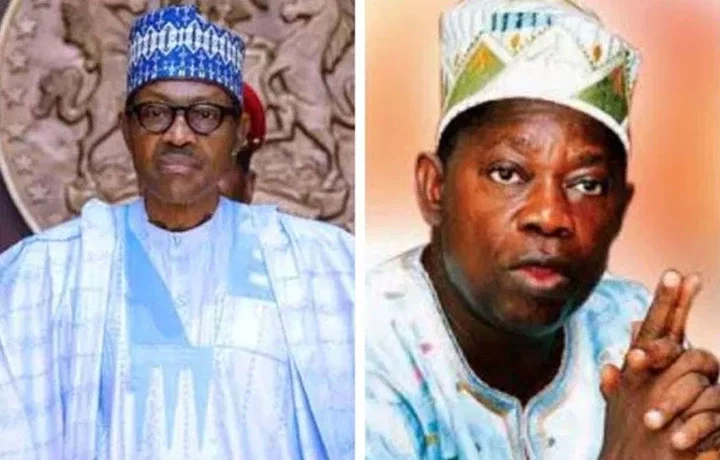
Do You Know?
In 2018, May 29 ceased to be celebrated as Democracy Day which was usually observed as a national public holiday in Nigeria. This was because then President Muhammadu Buhari on June 6, 2018, declared June 12 Democracy Day (and public holiday) in honour of MKO Abiola - the acclaimed winner of the June 12, 1993 presidential election that was annulled by former Head of State, Ibrahim Babangida.
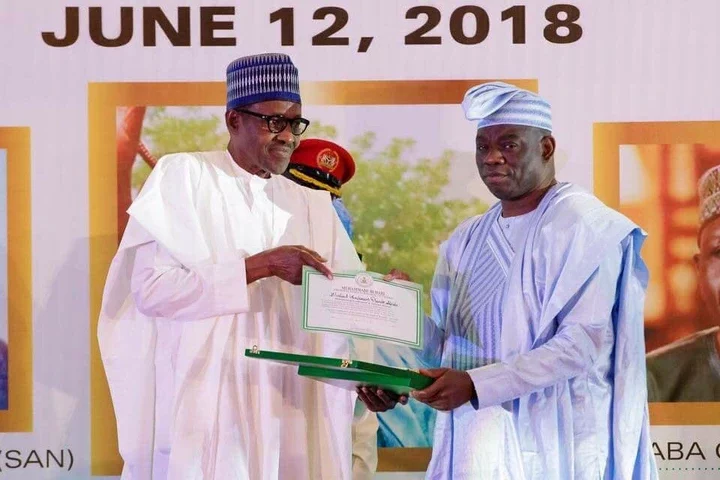
Since 1999, Nigerians celebrated May 29th, as Democracy Day until that change by Buhari who also conferred the GCFR title posthumously on Abiola later on June 12, 2018, when the first Democracy Day on that date was celebrated. The elated Abiola's family graced the occasion and were recognized.

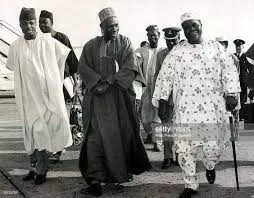
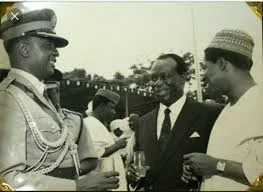
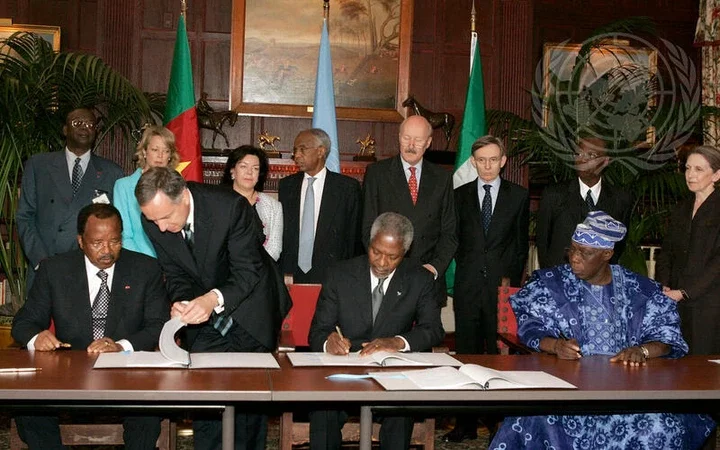
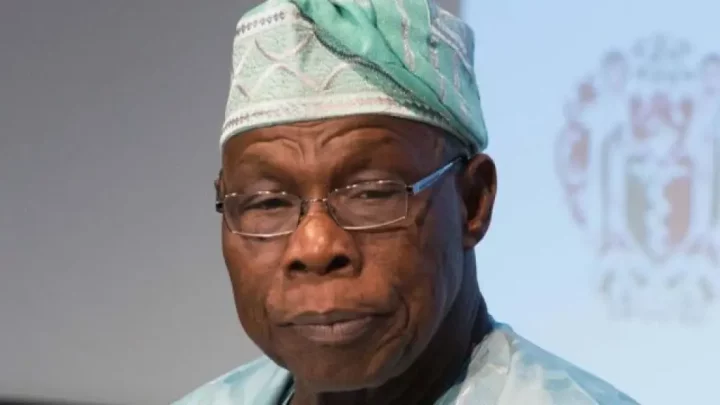
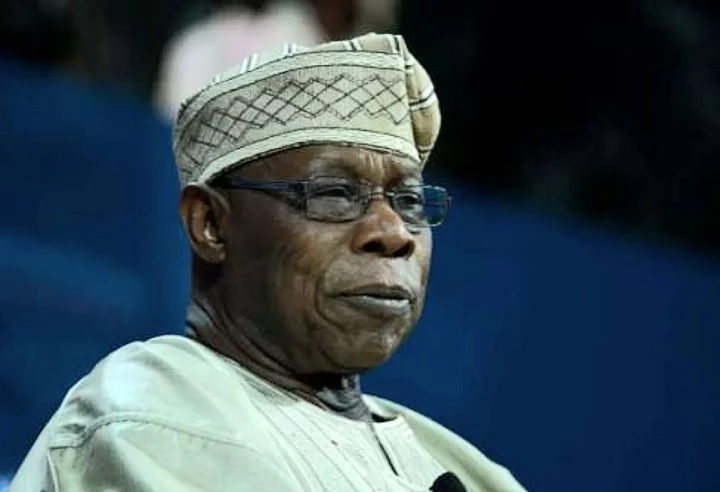
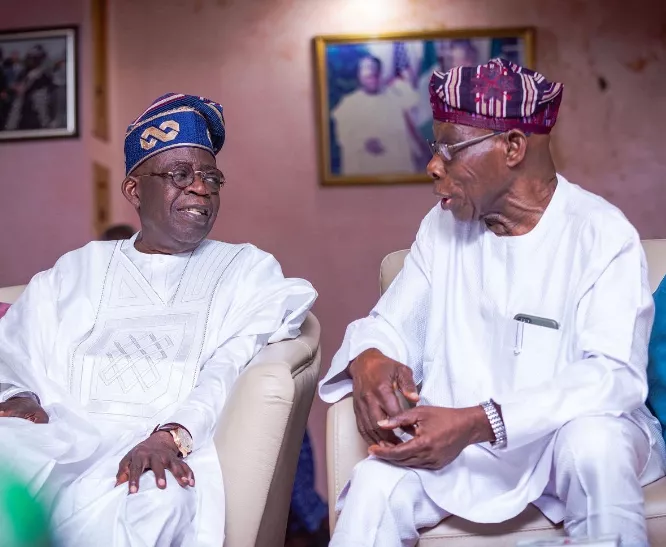

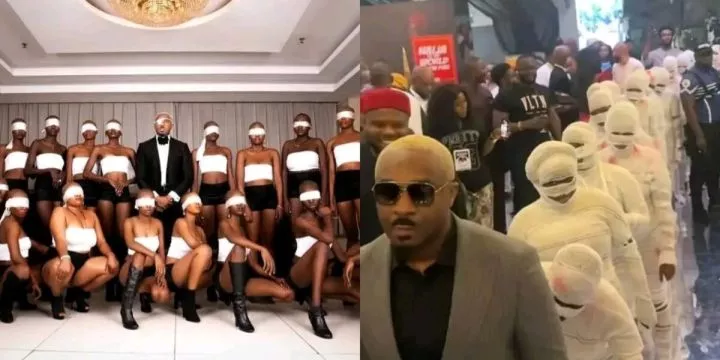
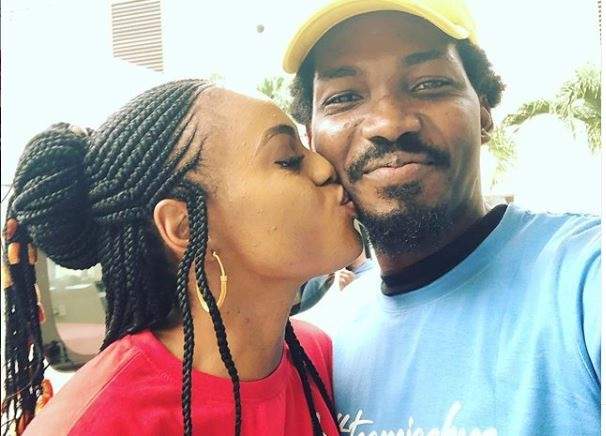


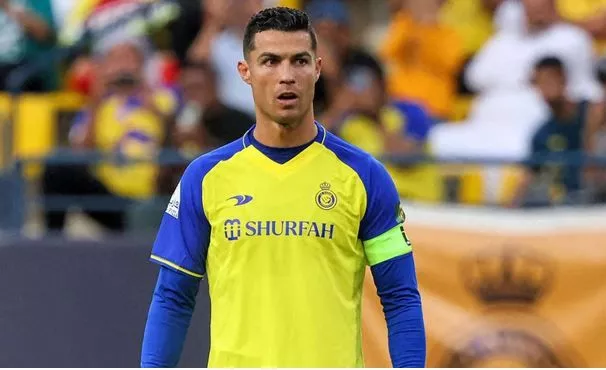
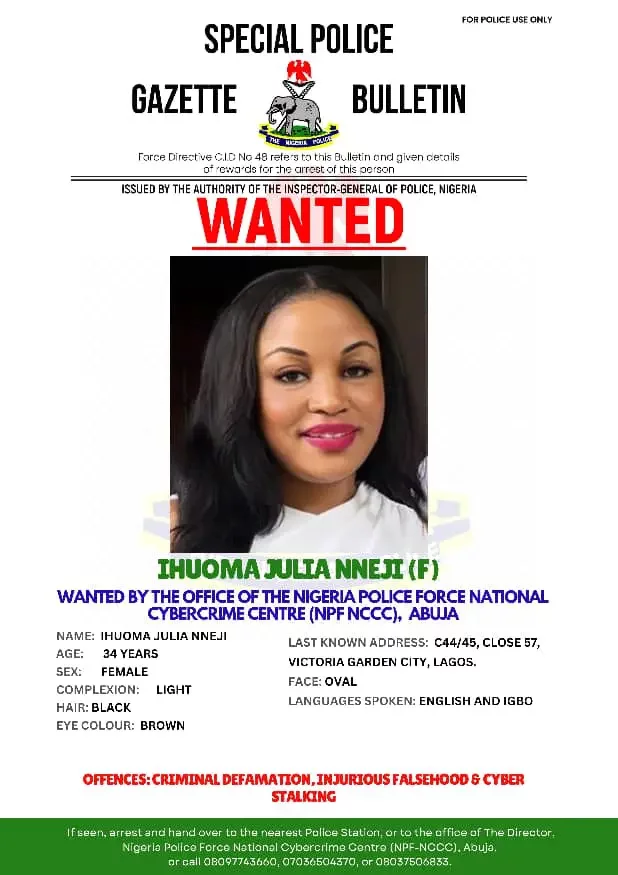


Comments